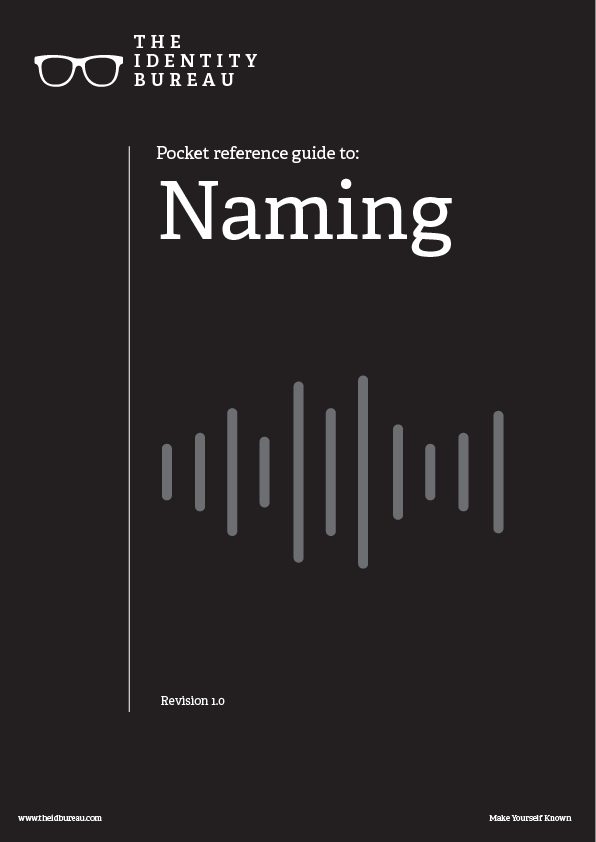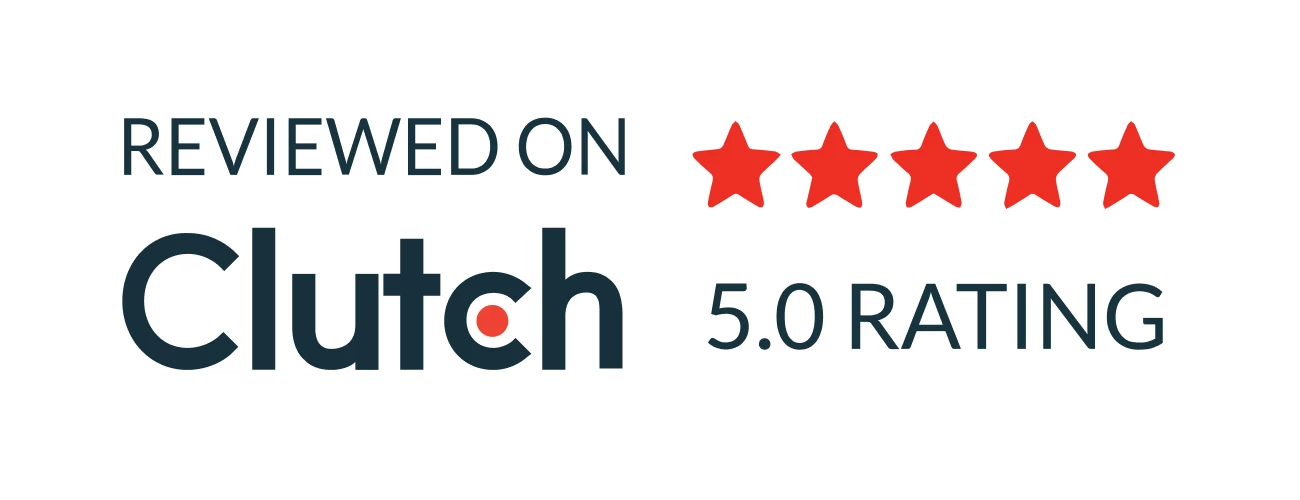Questions to ask yourself before developing a brand name
Being clear on the ideas you want your brand name to convey, and the kinds of people you seek to attract are just some of the things that require clarity before you begin developing a brand name.
Article Summary
In this article, you will learn:
• To clearly define what you are naming and who it is for, ensuring the name is designed to resonate with the target audience.
• How successful names like 'Innocent Smoothies' are purposefully chosen to convey core brand essence, values, and personality.
• The three main naming constructs—Abstract, Suggestive, or Descriptive—and how they impact memorability and domain availability.
• The key takeaway to avoid domain fixation; postpone searching for domains until you have arrived at a strong, shortlisted name.
Added on:
Updated on:
File under:
Written by:
Before developing a name for your brand, here are some key questions you should ask yourself.
What are you naming?
A simple initial question, but important nonetheless. Can you describe the brand, product or service in a brief sentence, and in simplistic terms that anyone could understand? Be clear on what is it, because if it isn't clear to you, it won't be for anyone else either.
Who is it for?
Understanding your audience, the people that will buy or use your product is key, not only at the naming stage but also at the brand identity stage.
What are their common traits and demographics? And what kind of name might resonate with them? Just as your future brand identity will be designed to cater to your audience, your name should also appeal to the people you are trying to attract.
What ideas should the name convey?
Are there any overarching principles, beliefs or values that you want the name to convey?
Think about names like 'Innocent Smoothies’, 'Haagen Das' or ‘Patagonia’. These names were purposely chosen to convey some of the essence of the principles these brands hold dear. Do these names evoke meaning, imagery or personality when you think of the brands?
The word ‘Innocent’ in Innocent Smoothies suggests purity and honesty, traits that the founders of the firm wanted to convey because their drinks are just that, free of hidden nasties and ‘bad’ ingredients. This brand value is placed front and centre in the brand identity of Innocent Smoothies, from their name and the friendly and approachable brand identity design.
Haagen Das ice cream; the famously meaningless brand name was specifically constructed to feel upmarket and exclusive. Something that it manages to do, and helps position the ice cream firmly in the ‘luxury’ tier among ice cream manufacturers.
Similarly, Patagonia, an outdoor clothing brand that has been in operation for over 50 years, is known for its commitment to environmental sustainability and ethical manufacturing practices. The company's name is a nod to the region in South America and reflects its deep respect for nature and the outdoors.
Think about names like 'Innocent Smoothies’, 'Haagen Das' or ‘Patagonia’. These names were purposely chosen to convey some of the essence of the principles these brands hold dear. Do these names evoke meaning, imagery or personality when you think of the brands?
How should I consider approach and construct of the name?
Do you want an Abstract name, a Suggestive name or a very Descriptive name for your brand?
And should your name be a real word, a compound name or an entirely made-up word?
It may be too early to decide upon this, unless you have an opinion early on, but think about the way you may wish to approach and construct your brand name.
As shown on the matrix below your name can be abstract (in relation to the product the name represents), suggestive (of certain brand qualities) or very descriptive. In terms of constructing the name, you may opt for a name made of entirely real words, a compound (joined up) word or something entirely made up (note Haagen Das in the example here, both made-up and abstract)

There are of course advantages and disadvantages of these approaches, which I expand upon in this article). Memorability, spelling pronunciation and the availability of certain domain requirements will all play a part.
Suffice to say a descriptive and real-world name may be easier to remember, say and spell, but may cause issues with product growth if you’re naming a brand over a product. Also, .com domain names may be harder to come by with a real world descriptive name, but can work well, especially in our example of Shredded Wheat (a product under the Kellogs brand umbrella).
Do you require a .com name?
The answer to this question should be ‘not necessarily’. A very sound piece of advice when choosing a name is, no matter how tempting, do not search for domains before you arrive at the shortlisted names of choice.
Why? If you search for domains before you pass through the quantitive and qualitative naming process, you will arrive at a name that you will ‘settle’ with in order to satisfy your domain craving.
To arrive at a quality brand name you must go through quantity in order to shortlist down to quality, and therefore pre-determining that you must have a .com or a .co.uk will seriously limit your choice.
Another reason it is unnecessary to fixate on a .com domain is there are far more interesting Top Level Domains out there. Top Level Domains (TLD’s) are new alternative endings that allow users to have a more creative domain that does’t have to end in .com or .co.uk for example.
Bar owners, did you know you can have .bar (as in www.yourcoolname.bar). Accountants, did you know you can have .accountant (as in www.notyoursurname.accountant). Architects can have .archi or .studio, fashion outlets can have .clothing. There is .biz, .store and .band. The list growing, and the advantage of using TLD’s domains is you’re more likely to get a great domain that matches your name without having to compromise.
The advice is, when choosing a name is, no matter how tempting, do not search for domains before you arrive at the shortlisted names of choice.
Conclusion
Remember your brand name will work alongside your brand identity to engineer the perceptions and impressions you're looking to make on your audience. However, because the brand name comes before the brand identity it is vitally important to get the brand name correct in the first instance. It is, if you like, the vessel in which to hold your brand identity, and will ultimately inform its entire direction.
This is a fundamental belief held by the The Identity Bureau. Interesting brand names lead to interesting brand identities, and, by extension lead to interesting brands.
For more info on how to choose an effective brand name check out our free reference guide guide here...










